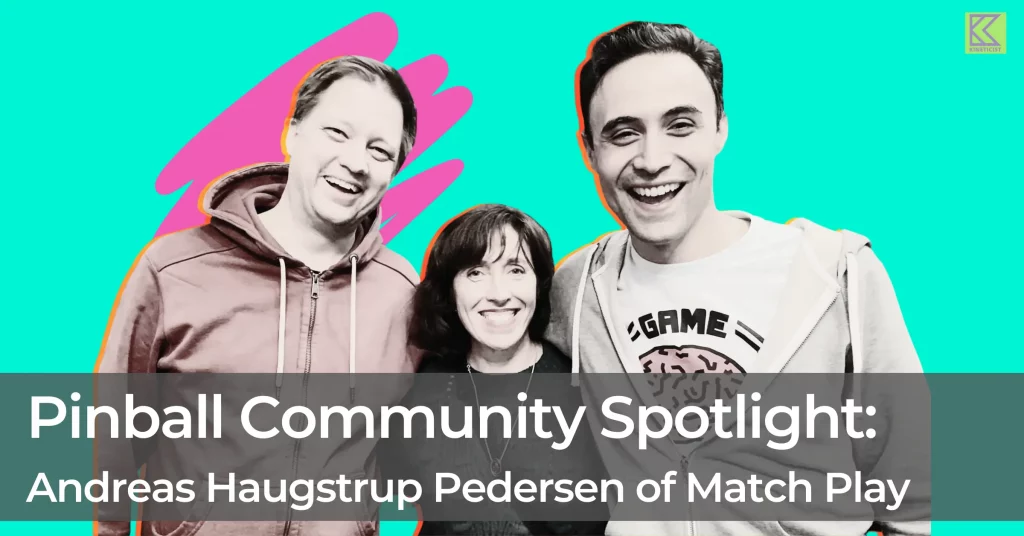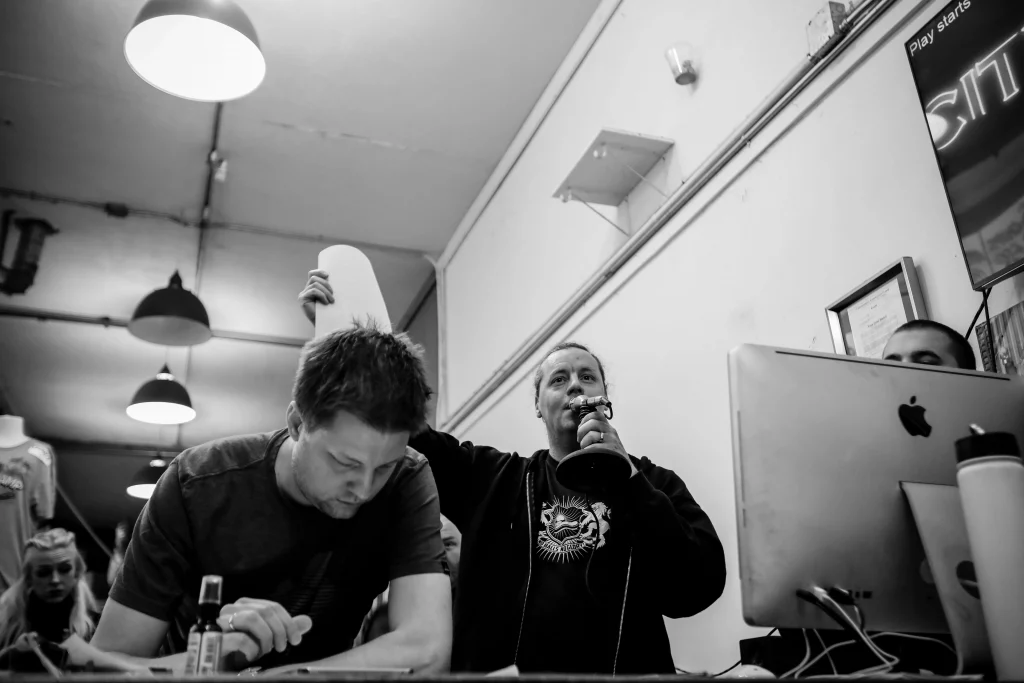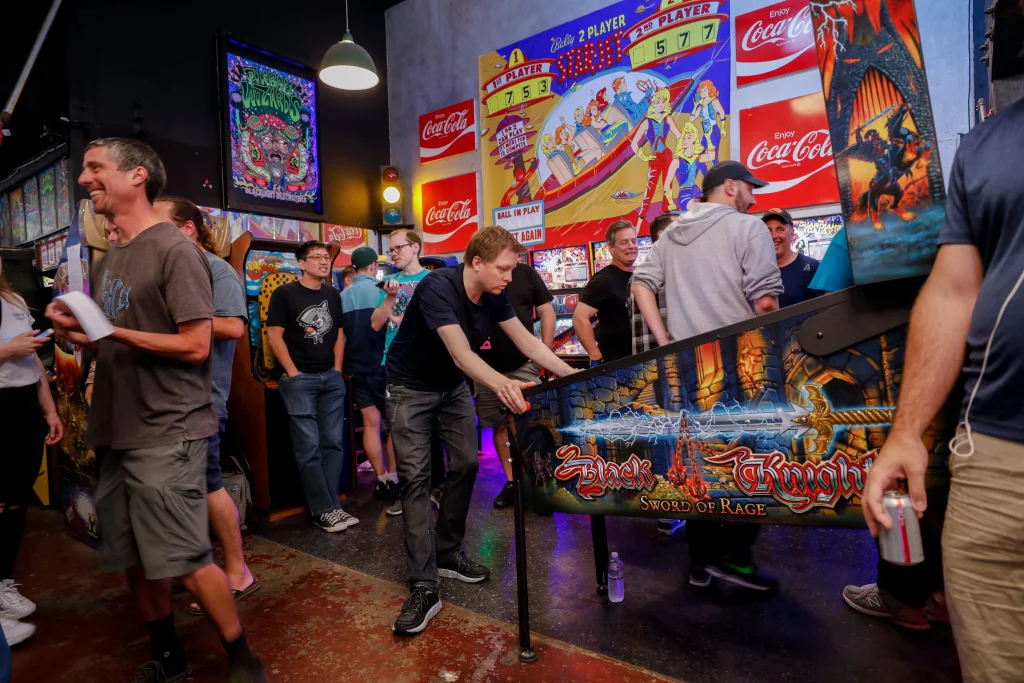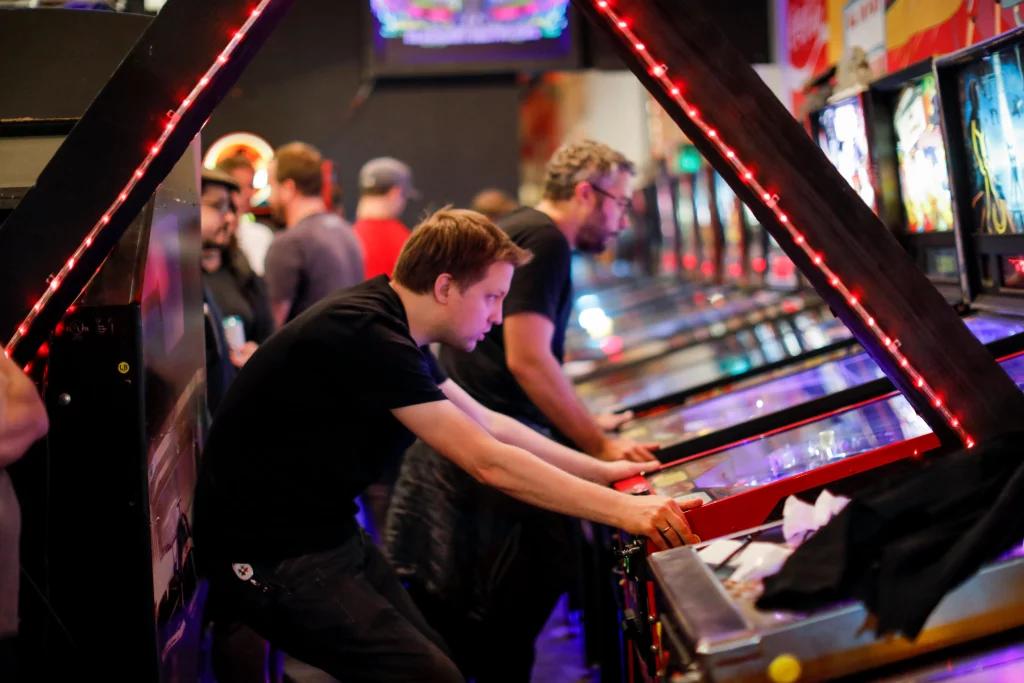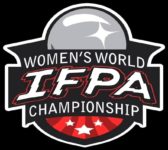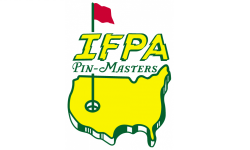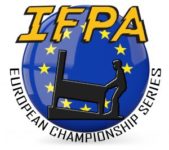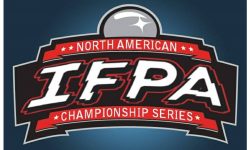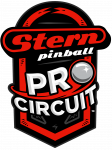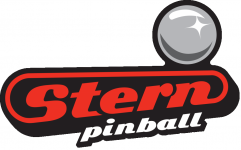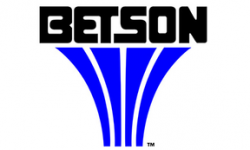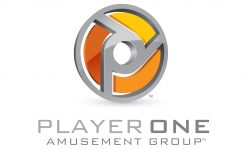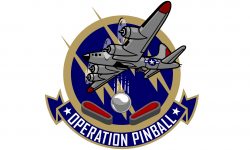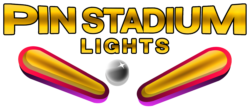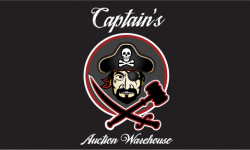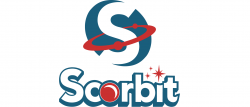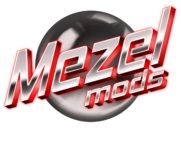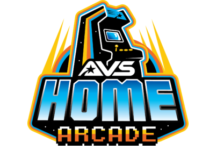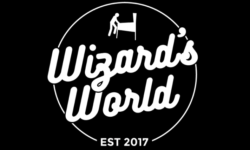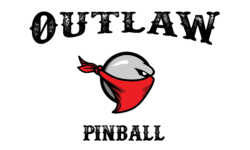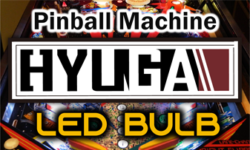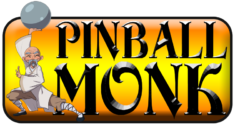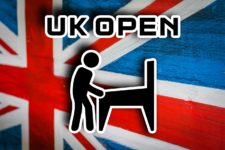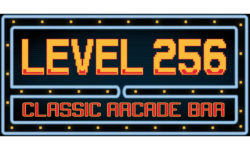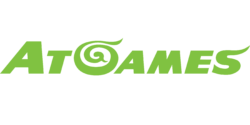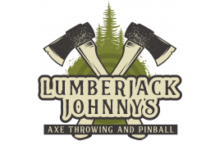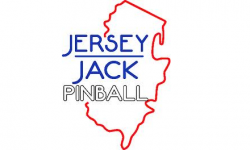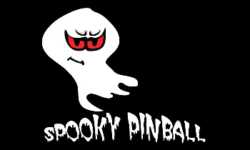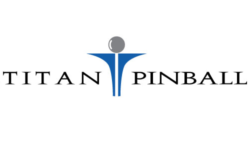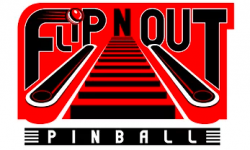Welcome to the 2nd part of our pinball community spotlights, where we interview the operators, tournament organizers, and business owners that make the pinball world go ‘round.
In our first edition, we caught up with Brian O’Neill of Scorbit.
Today, we’ve got a special conversation with Andreas Haugstrup Pedersen of Match Play. For those not familiar with Andreas already, he’s probably best known for his work with Match Play – an incredibly useful piece of pinball tournament software – if you’ve played in any pinball tournaments lately, it’s likely they were run on Match Play.
Match Play has been in development since 2015, and recently rolled out a massive upgrade to the system, which can be seen at next.matchplay.events.
He’s a very prolific pinball builder beyond Match Play with his work on PinTips, a collection of user-generated pinball gameplay tips, the OPDB, an open database of pinball game data, and his work with the San Francisco Pinball Department pinball league.
Kineticist: The first question is a standard – what’s your pinball origin story?
Andreas: I grew up in a very small town in Denmark, and it did not have anything resembling an arcade. The closest I ever got to a pinball machine growing up was playing Pinball Fantasies on my best friend’s Amiga 500. The first time I touched a pinball machine was after I moved to San Francisco as an adult. The company I worked for at the time happened to be renting office space from a large gaming company, which had placed a couple of pinball machines in the lobby on free play. I was immediately hooked and played those machines any time I could sneak away from my desk! Eventually, one of my co-workers invited me to a tournament, and that was my entry into competitive pinball and the pinball community. Nicole Anne Reik-Dunlap, Jon Olkowski, Echa Schneider, and Per Schwarzenberger ran most of the tournaments in the San Francisco Bay Area back then, and they all put a lot of focus on creating a friendly and welcoming atmosphere at their events. I don’t think I would’ve stuck with the hobby for more than a couple of tournaments if it wasn’t for them.
Kineticist: You launched Match Play back in 2015. Tell us a little bit about why you launched Match Play, what the vision was at the time, and how that’s evolved in 2023.
Andreas: I went to Pinburgh in 2014 (last year at PAPA HQ), and it blew my mind. Just loved everything about it. I spent that entire summer talking with Per Schwarzenberger about how fun it would be to run Pinburgh-style tournaments in San Francisco. We have a fantastic local venue, Free Gold Watch, but to run a Pinburgh-style event, you really need software to assign machines for each group and to generate the Swiss pairings that are the heart of such an event.
I had previously created some bespoke software that we used to run our local league. Based on what I learned from that, I hacked together a general tournament app that later became Match Play Events. Per ran the first tournament using the software in January 2015, and I think I opened it up to the public around May 2015.
My goals were pretty simple. As a player, I wanted to spend less time waiting around. As a tournament organizer, I wanted to do less manual labor. And as a nerd, I wanted a historical record of all the tournaments I participated in.
Kineticist: How about OPDB and PinTips? Can you tell us a little more about those projects, what led to them, and where you see them heading in the future?
Andreas: PinTips came first, and like Match Play, it also came out of Pinburgh. One of the challenges of playing Pinburgh is that there are so many different machines, and often you’d be assigned to play a machine you’ve never seen before. So how do you know what to do to score big points?
While playing at Pinburgh in 2015, I learned that some people had these secret spreadsheets containing play strategies for all the various machines. It honestly seemed unsportsmanlike. My friend Jeremy Williams suggested a public website where anyone could submit playing tips. Having all the information public would level the playing field. He suggested the name PinTips. I came home from Pinburgh, and the website came together very quickly, in maybe a week or two.
PinTips has been left to its own devices for a long time as I’ve been focusing on Match Play Events. There are certain parts of the experience that are pretty janky. I’m not sure what the next steps are, but I have a feeling PinTips will somehow merge with Match Play Events for no other reason than that it will make it easier for me to maintain and improve the service.
OPDB is a service I really didn’t want to build. The primary goal of OPDB is to assign stable identifiers (so-called OPDB IDs) to pinball machines, so the people who create pinball apps have a way to identify machines when the apps talk to each other. It’s primarily a service for software to talk to other software without humans being involved. It’s a vital link, but it’s perhaps a bit difficult to wrap your head around the reason for its existence unless you make software.
One example: When Match Play pulls scores from Scorbit, it’s important for Match Play to know that the “Attack From Mars” in your tournament is the same “Attack From Mars” that Scorbit has in their system.
While I wanted this problem solved, I’d hoped to use the existing pinball machine database IPDB, but I quickly learned that the people behind IPDB consider their pinball database private property, and they do not wish to share access with anyone else in the pinball community. It’s a disappointing stance, to say the least.
I had connected with other interested parties on Tilt Forums and went about creating an open pinball database where anyone could use the data for any purpose. I personally typed up entries for well over 1,000 machines. It took me months of work in the summer and fall of 2015!
I don’t see OPDB changing substantially in the future. It’s a pretty niche service, and its value is primarily that it doesn’t change. If you write pinball software, you rely on having this service that’ll continue to function the same way as it always has. It’s been absolutely fantastic to see how OPDB enables all kinds of pinball apps to communicate with each other.
The editorial work mostly consists of adding new machines as they are released, and that work is usually done by myself or Ryan Taylor-Gratzer, one of the people behind the Pinball Map.
Kineticist: Between Match Play, OPDB, and PinTips, do you have a favorite project?
Andreas: You can’t ask me to pick a favorite child!
Kineticist: One of the threads that seems to tie your projects together is this idea of openness and accessibility – both for your projects and yourself personally. Most of your projects have open, “free as in beer” APIs, and you’ve made yourself extremely available to the community at large whenever they have questions or suggestions. Tell us a little bit about why you’ve decided to take this approach with your work in the pinball community?
Andreas: For me, the Pinball Map model really lead the way. Ever since Scott and Ryan created the map back in 2007, all their data has been 100% available to the pinball community. Their service runs completely on donations. If you have a dollar (or 10) to spare, I strongly encourage you to give a one-time donation or become a monthly donor. I used to be involved in open-source software communities, so this model has always resonated with me, and working this way feels like an obvious way to support the pinball community.
Our apps are only successful because the pinball community trusts us with all the data they provide. It’s community members who organize tournaments, enter match results, and so on. It’s my responsibility as the keeper of that data to freely give it back to everyone and not lock it away somewhere. I do not own it; the community does.
I’m thankful that I get to collaborate with other app creators who also believe that the pinball community is better off if we all work together. The Pinball Map, Scorbit, Pindigo, Pinball Videos, and the IFPA have all been great partners on the projects I work on.
Kineticist: What do you think it is about pinball that attracts builders who want to help other builders?
Andreas: Even though it’s growing all the time, the pinball community is still pretty small, and the group of us making software for pinball tournaments is tiny! So it doesn’t take more than a handful of individuals to set expectations for openness and influence others in that direction. Plus, it would make you a rather terrible person if you took work built by the people around you and didn’t share it!
Kineticist: With all the projects that are out there, is there anything you see as missing in the pinball community? Anything you’re hoping someone will build next?
Andreas: Well, personally, I’ve built the things that I wished already existed. Ask other people what they’d like to see! If you’re reading this, write a comment about what you’re hoping developers might build.
Kineticist: Is there anything the pinball community can do to help you with your projects?
Andreas: The absolute best thing folks can do right now is to transition from the old version of Match Play Events to the new version at next.matchplay.events. The sooner people switch over, the easier it’ll be for me to turn off the old version entirely, and that will free up a lot of my time.
Kineticist: Let’s dig into Match Play for a bit. Do you have any broad usage information you can share?
Andreas: The number of tournaments still increases almost every month, so annual numbers are not super useful. There are over 1,500 tournaments each month. There are results from over 3.7 million games of competitive pinball in the database.
Match Play is getting really close to 25,000 registered users.
“Group match play” is by far the most popular tournament format, with more than twice as many tournaments as the next one down the list (group knockouts). The least popular formats are Bowling, Card Best Game, and Pin Golf Brackets, along with the newly introduced formats that haven’t had a chance to prove themselves yet: Amazing Race and Target Match Play.
The most prolific organizers are Germain Mariolle from Seattle, who is closing in on 1,000 tournaments(!), Space City Pinball in Houston, and Cary Carmichael in Seaside, CA.
Kineticist: You recently rolled out a new version of the app (next.matchplay.events), which some folks have been testing for most of the last year or so. What are some of the big improvements you’re excited about?
Andreas: On the technical side, the new version is much faster, and it’s built on a foundation that’s easier to extend. That’s why I’ve been able to add new tournament formats pretty quickly. The new version has three brand new tournament formats: Amazing Race, Target Match Play, and Max Match Play!
The other big difference is that you no longer have to switch between modes of “tournament organizer,” “scorekeeper,” and “player.” Everything happens in the same interface. The old version required a ton of clicking around to switch between modes if you were playing in your own tournaments, and that was always super confusing. No more!
Finally, the new version has more stats all over the place. The app will make live predictions in Pingolf and Max Match Play tournaments and generally show more data in many places. I’m always thinking about how to expose more stats and data to players and tournament organizers.
Kineticist: What’s on the roadmap for Match Play in the next year?
Andreas: The big thing is to get the old version of Match Play shut off for good. It’ll be a relief to cut the number of servers in half and not have to worry about how the two versions interact with each other.
The other big project is not something I’ve nailed down in detail yet. For tournament organizers, Match Play offers a free version that lets you run the most popular tournament formats and a paid version where you get a bunch of extra bells and whistles. I’m planning to offer something similar for tournament players. The trick is for me to identify and build features that are non-essential—because players should never feel like they have to pay—but, at the same time, are cool and exciting enough that some people want to pay to support the app. I’m still brainstorming some fun ideas on what these features could be.
Kineticist: Do you have a favorite tournament format to play in?
Andreas: I love anything that involves direct play. It’s hard for me to get fired up about “playing against the machine” in Best Game tournaments. I really need that direct opponent to battle against. For a casual weeknight tournament, I find it hard to beat Flip Frenzy tournaments (and now the brand new Max Match Play tournaments!), where you just get to play a bunch of games really quickly.
Kineticist: What do you think is the best tournament format for new players?
Andreas: I’m a big fan of group match play for new players with a fixed amount of rounds of four-player groups. It’s such a simple setup that you can explain the tournament rules in 30 seconds so the new players can focus on playing games and making friends. And the four-player groups mean that the new player always has two other people to talk to while waiting to play their turn.
Kineticist: If you had to choose your 3 favorite games to play or use in tournaments, what would they be, and why?
Andreas: Jungle Princess / Jungle Queen because that set of baby flippers makes for some fun bounces.
Paragon because it’s brutal but fun and gives people plenty of opportunities to show off their tap passing skills.
Hoops because the music is hopping, and ripping the spinner makes you feel great! Check out Bowen’s tutorial.
Kineticist: Pretend it’s 2033; what does the pinball scene look like?
Andreas: I’m not one to make predictions, but I do have aspirations. I hope in 2033, arcades and other public locations for pinball have exploded in availability. They’re the best way to expose new people to the hobby!
Kineticist: Plug your stuff! Where can folks find you (socials, website, etc.), and how can the pinball community support you? Is anything exciting on your radar for the rest of the year?
Andreas: Match Play Events: https://next.matchplay.events/ (no need to stop by the old version first!)
PinTips: https://pintips.net/
Open Pinball Database: https://opdb.org/
And recently, I finally got around to setting up a Facebook page for Match Play Events. I’m not great at using social media, but I’m trying to regularly post updates and previews of what I’m working on. I’ve been told that people should like and follow, or Facebook won’t really show you any of the content.
—-
Some photos courtesy of Orange Photography
For more updates from Kineticist, be sure to visit kineticist.co or follow us on Instagram, Facebook, and Twitter. Interested in being featured in a future interview? Drop us a line at colin@kineticist.co.






